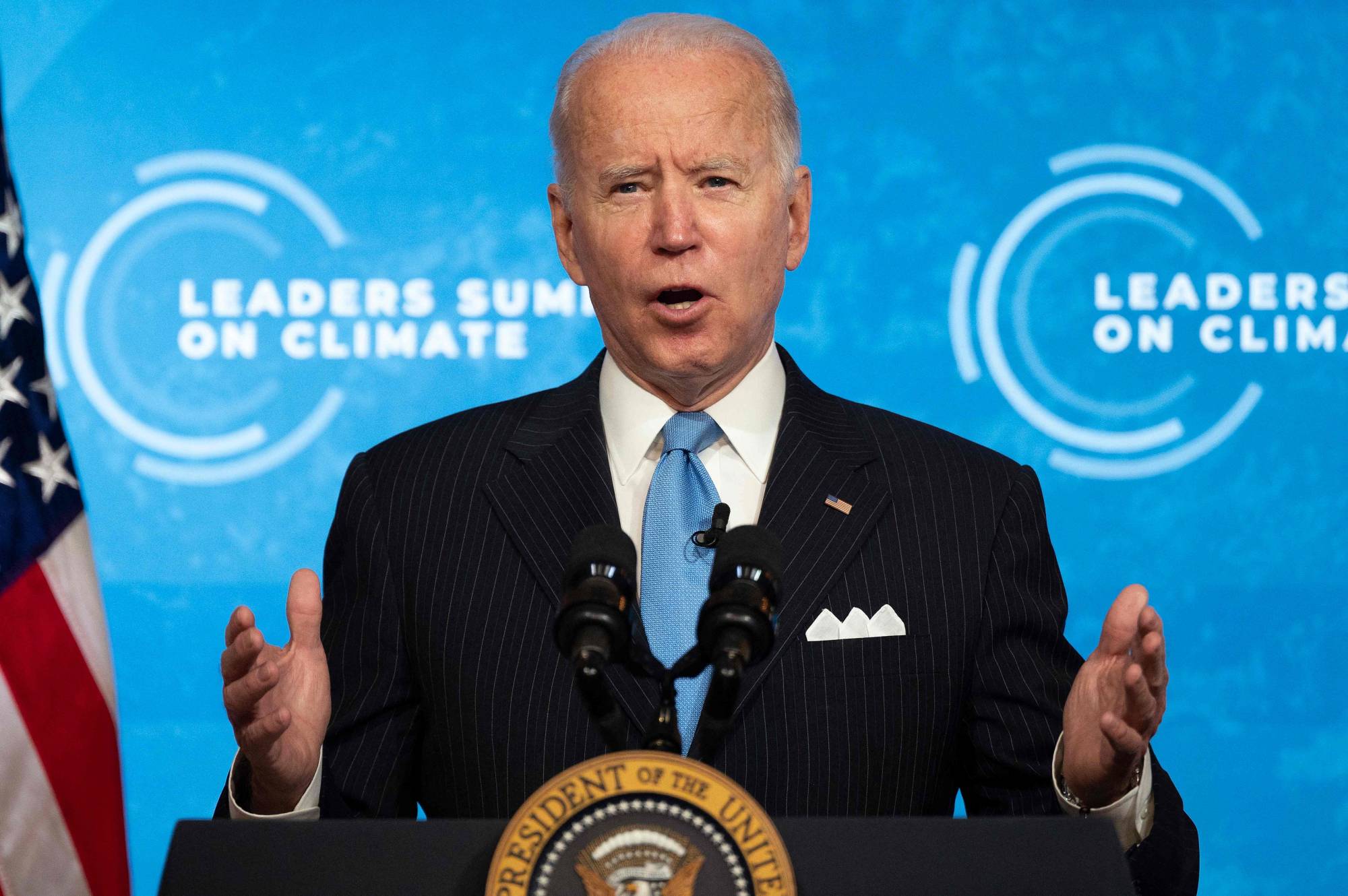What will come of the array of ambitious (and not-so-ambitious) targets announced by world leaders at U.S. President Joe Biden’s recent climate summit?
It’s tempting to think, "Not enough.” Talk is cheap; actions are expensive. About a third of all the greenhouse emissions from human activities in history have happened since 1997, when world leaders adopted the Kyoto Protocol with an ambition of limiting such pollution. In the words of activist Greta Thunberg to a U.S. congressional committee, "We’re not so naive that we believe that things will be solved by countries and companies making vague, distant insufficient targets.”
Vague, distant and insufficient isn’t the only way of setting targets, though. Indeed, there’s ample evidence that the opposite type of goal-setting — specific, time-constrained and challenging — is remarkably effective. The bigger risk isn’t that world leaders fall short of the objectives they’ve set. Instead, it’s that they limit the scope of their ambitions out of a misplaced sense of self-doubt.



















With your current subscription plan you can comment on stories. However, before writing your first comment, please create a display name in the Profile section of your subscriber account page.